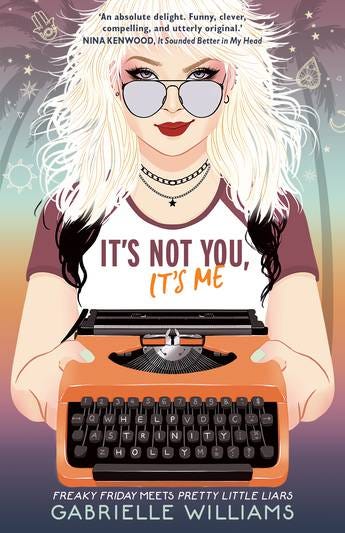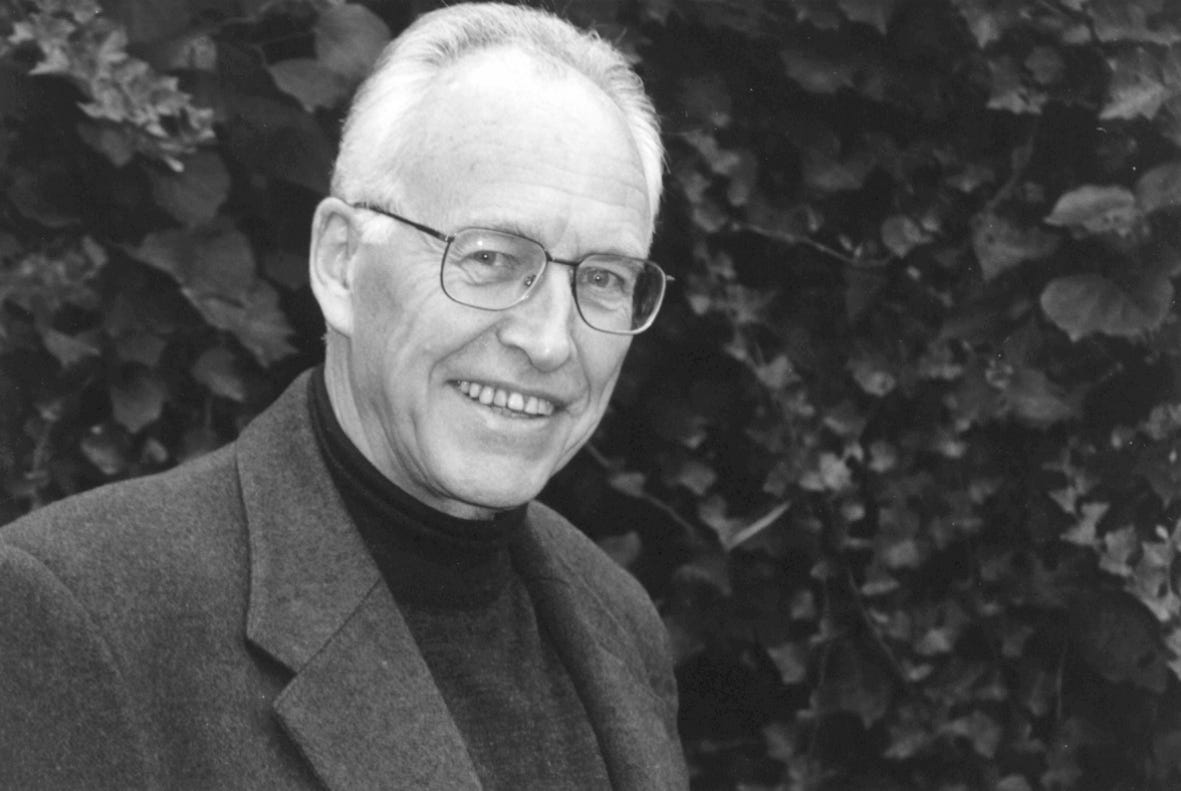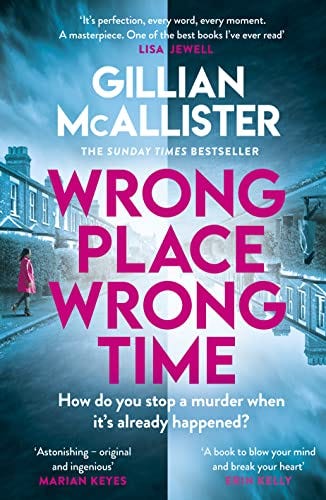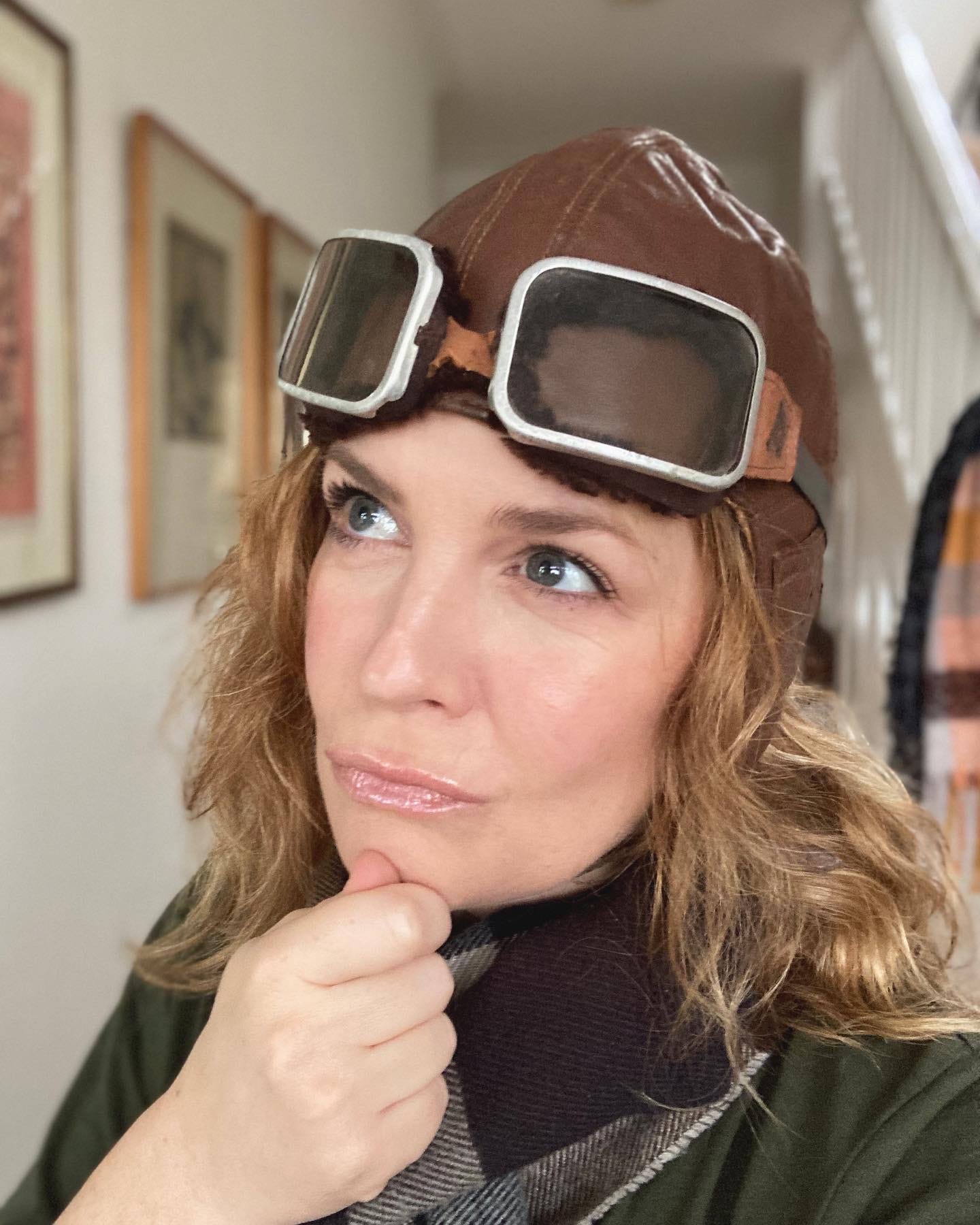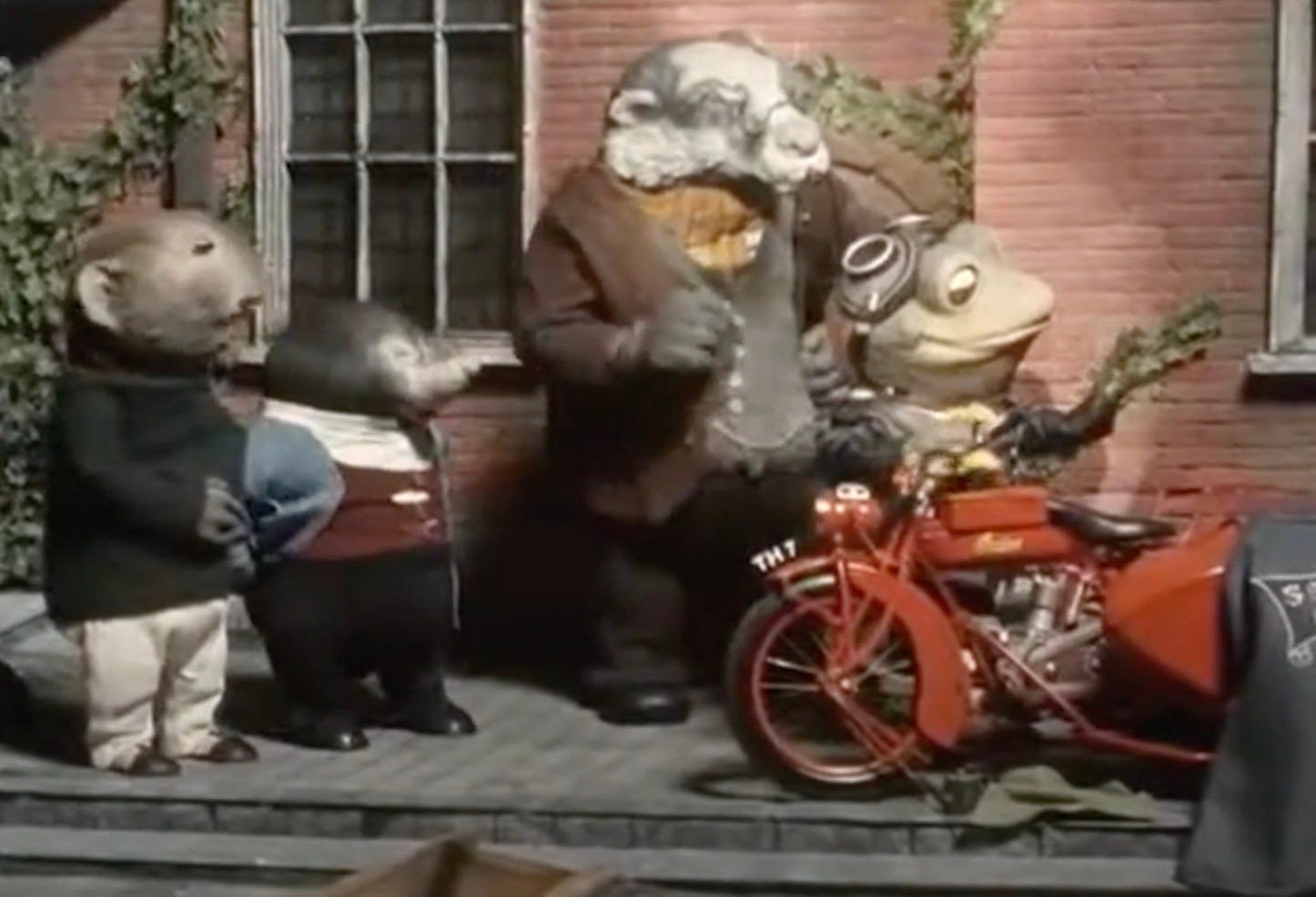Dear Reader,
February has felt like the longest shortest month. In trying to recollect what I’ve been reading, listening to and writing about for this post, the beginning of February feels strangely far-flung, and yet February’s final day snuck up on me and I’m panicking to straighten things up so I can leave the month in a half-decent shape.
My thoughts this month have been so often with Gabrielle Williams, who died in January. I’ve already pointed you to the excellent piece on her life and work by Simmone Howell and now, since time-hopping has been one of the themes of Voracious this month, I’d like to send you to this interview: Gabrielle answering Joy Lawn’s questions about the young adult novel that shockingly turned out to be her last, the time-slip It’s Not You, It’s Me.
I’ve found myself searching for Gabrielle on the internet all month; on some level, by looking for her I’m trying feel in my body that she’s gone, because the loss is still hard to believe. On my travels I learnt of another sad death in the Australian writing world that I missed a few months ago. John Nieuwenhuizen was an acclaimed translator. From Books and Publishing: “With his late wife Agnes, who founded the Centre for Youth Literature, John was a lifelong supporter of young adult fiction and a strong advocate of the books he chose to translate.”
I discovered his work in 2014 in Nine Open Arms by Benny Lindelauf, which John translated from Dutch, published in Australia by A&U. It’s a brilliant, much-awarded children’s book and I recall being frustrated at the time that A&U didn’t also publish the follow-up in Australia, Fing’s War. It’s seemingly impossible now to make room for translated children’s novels in the small Australian market.
Read more about John’s work in this Books and Publishing obituary.
This month on Voracious, for free subscribers I published a piece called To Sir, With Gratitude, on why historical fiction is one of my emotional crutches and about the high-school teacher who made history more important to me when I was fourteen.
Meanwhile, paid subscribers of Voracious:
went on a series of time-hops in a piece called A Matter of Time inspired by my reading this month of Wrong Place Wrong Time by Gillian McAllister, The Sunday Times Thriller of the Year and Reese’s Book Club Pick of 2022 (this piece of mine was also available as a podcast episode with time-slip sound effects)
opened their neglected manuscripts with me in Come Write With Me
explored the two rabbit-holes I fell down while reading Lessons by Ian McEwan (those being the themes of writer-mothers, and of writers using their families and friends as material for fiction)
Elsewhere…
I’ve been unfocussed this month, still away (but also in a sense home) in the UK but now with only one of my two children and without my partner. Things feel fractured. Here’s what carried me through:
Listening
Normal Gossip: I didn’t think I was going to enjoy this podcast. Co-created by Kelsey McKinney and Alex Sujong Laughlin, Normal Gossip consists of three seasons of episodes featuring “juicy, strange, funny, and utterly banal stories which are anonymized and told to a guest”. On a strong recommendation I gave it a go and chose the episode called Squirrel Enthusiast. If you love Liane Moriarty novels like Big Little Lies and The Husband’s Secret, this episode is definitely for you: it’s about a dramatic feud between two pre-school fathers and involves squirrels, homemade play-doh and little kids’ sports teams. Great fun.
Slightly Foxed: During my deep dive on writer-mothers (more on that in my piece on Ian McEwan’s Lessons) I came across a few writers who made the decision to leave their children with the father, like Doris Lessing. One of those was Jean Rhys — I loved Wide Sargasso Sea so I decided to learn more about her life. This episode, Jean Rhys, Voyages in the Dark, was a fantastic place to start. And what a life. I was so intrigued that I rushed out and bought Good Morning, Midnight, published in 1939. Later I discovered that the novel’s title is derived from an Emily Dickinson poem, and as my novel I Am Out With Lanterns is derived from an Emily Dickinson letter, that felt like another sign that I’ll have to make it my first read of March (and I do love my bookish signs).
Reading
My Mentor John Hughes Taught Me How To Write and Then He Plagiarised My Work is a unique and well-written piece on plagiarism
On the hot topic of Roald Dahl’s books being edited, I appreciated this article, Roald Dahl rewrites: rather than bowdlerising books on moral grounds we should help children to navigate history, by Dr Michelle Smith, Senior Lecturer in Literary Studies at Monash University
And this piece by Özge Sevindik Alkan Dear Young Girl in the Bubble-Gum-Pink Hijab is essential reading, especially if you also read Hazel Edwards’ Age article about their co-writing experiences, After More Than 200 Books, Don’t Tell Me Who I Can Write About
Writing
In February I succeeded in shifting my main character from one scene to another, not so much kicking and screaming as groaning from a deep, dark place and dragging her feet. Largely my productive writing sessions were thanks to pretending you were all out there writing with me, holding me accountable, while I recorded Come Write With Me. Overall this was another difficult month personally and I’m desperate for a pinch-punch-first-day-of-the-month fresh start. How about you, writers?
A warm welcome to new subscribers, and to those who’ve stuck with me for a second month, thank you.
Goodbye February; here’s to March. X
p.s. I’ve been clearing my parents’ attic this month and came across these amazing 1930s or 50s motorbike accessories . . . I’ve been wearing them around the house ever since and hearing Mr Toad in my head.





